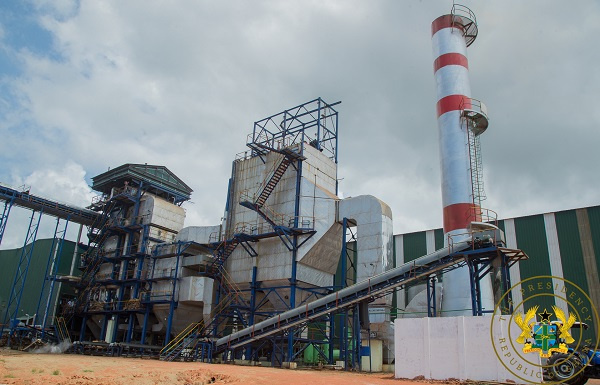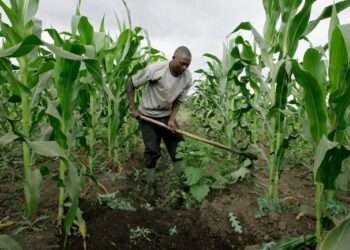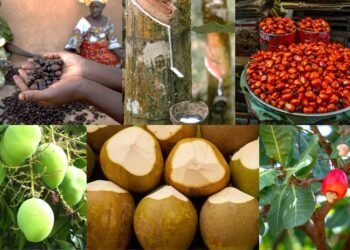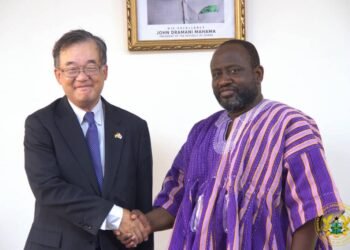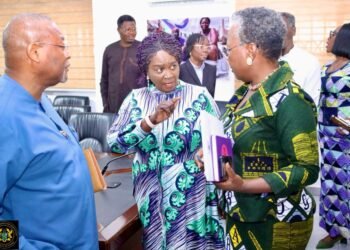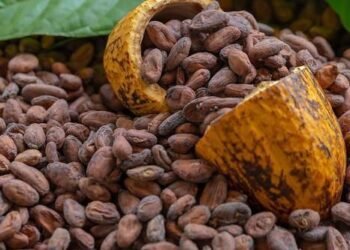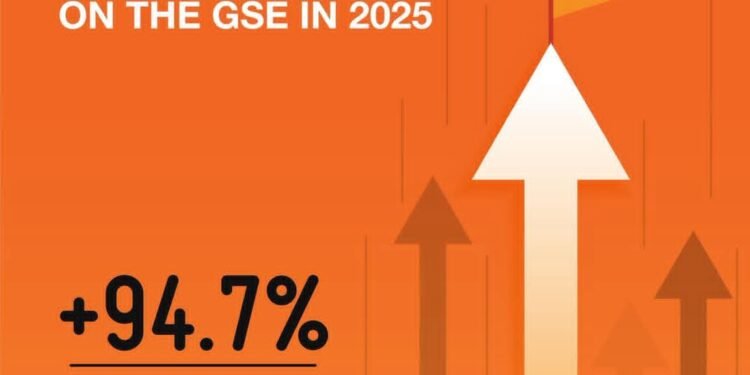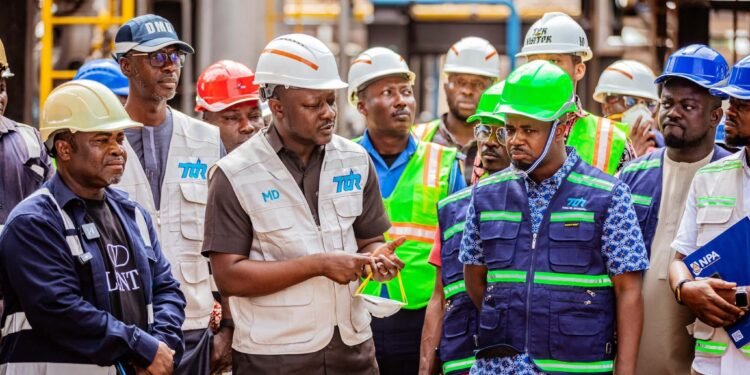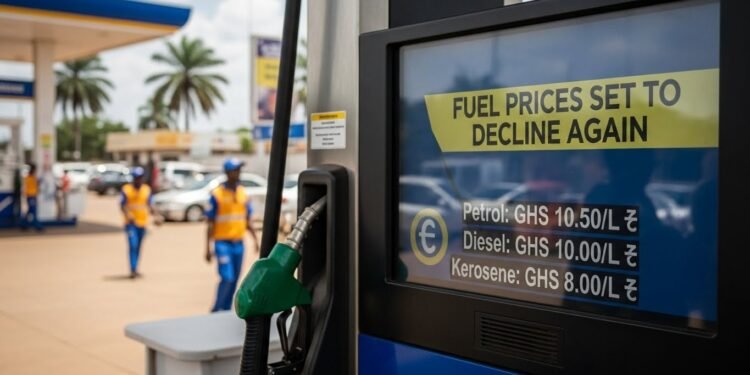In a bold move aimed at reviving the long-dormant Komenda Sugar Factory, the Government of Ghana has inaugurated an Interim Management Committee (IMC) tasked with leading efforts to restore the factory to full operational capacity.
The committee, formally introduced by the Minister for Trade, Agribusiness and Industry, Hon. Elizabeth Ofosu-Adjare, signals a renewed national commitment to reinvigorate one of Ghana’s historically significant industrial ventures.
Speaking at the inauguration ceremony, Hon. Ofosu-Adjare described the Komenda Sugar Factory as a “prized national asset,” originally constructed during the first administration of President John Dramani Mahama.
She explained that despite the factory’s ambitious vision, including daily sugar production, ethanol processing, and electricity generation, it has suffered years of stagnation due to unresolved operational inefficiencies, lack of sustainable raw material supply, and poor technical management.

“This factory was an industrial strategy meant to reduce our sugar import burden and create thousands of jobs in Komenda and its surrounding areas. Unfortunately, despite several interventions, we have not achieved our goal of sustainable operations.”
Minister for Trade, Agribusiness and Industry, Hon. Elizabeth Ofosu-Adjare
Trouble Trajectory
Tracing the factory’s troubled trajectory, the Minister recounted that the Komenda Sugar Development Company Limited was initially established in 1964 but ceased operations in the early 1990s due to poor management and technical failures.
In 2013, the Mahama-led government partnered with Seftech India Pvt Ltd to reconstruct the facility as a sulphurless sugar plant capable of producing 125 metric tons of sugar daily.
The $36.25 million project was financed through a loan from the India EXIM Bank and a grant from the Export Development and Agricultural Investment Fund (EDAIF), now Ghana EXIM Bank. Although the revamped factory was commissioned in 2016, efforts to bring it into full operation fell short.
Attempts under the previous New Patriotic Party (NPP) administration, including engaging Park Agrotech as a strategic investor in 2020 and involving West Africa Agro-Tech Company Limited (WAATCO) through the One District One Factory (1D1F) initiative, failed to deliver results.
According to Hon. Ofosu-Adjare, these efforts lacked a coherent and results-driven strategy to address the structural weaknesses in the factory’s management and supply chain.
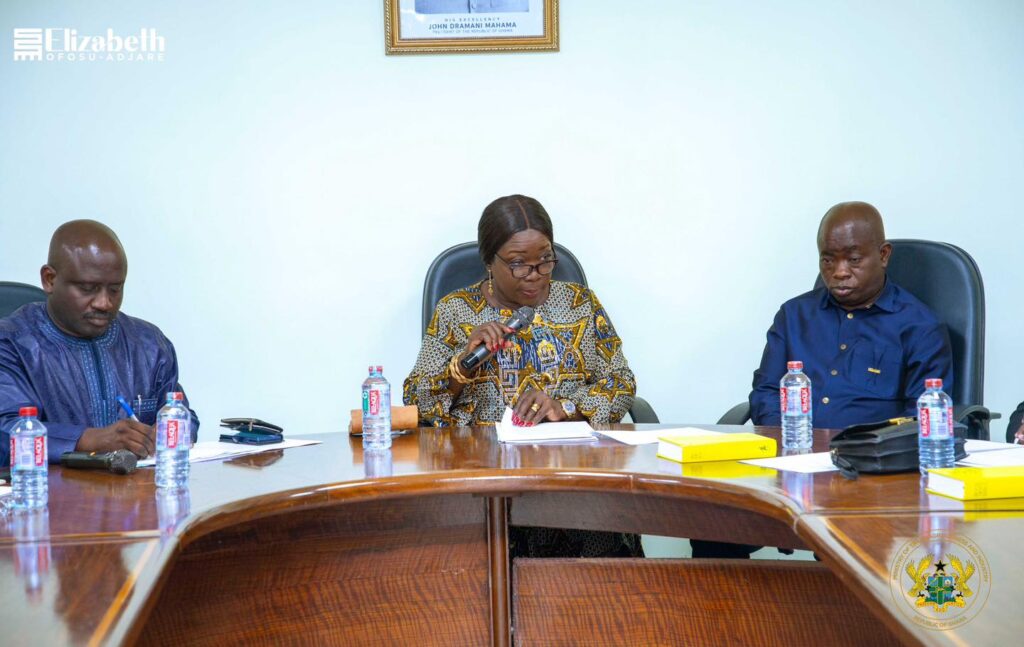
Revival Effort
To correct this, the Minister revealed that the Mahama administration has now constituted a high-level Interim Management Committee.
The IMC has been tasked with six major responsibilities, including a thorough technical assessment of the factory’s assets, reviewing its financial and operational viability, analysing the sugarcane supply chain, identifying credible strategic partners, reviewing the Ministry’s roadmap for the project, and developing a concrete transition plan toward full-scale operations.
The committee, chaired by legal and business expert Mr. Kwame Owusu Sekyere, comprises seasoned professionals such as Ing. Douglas Mensah, Mr. John Doku, Lt. Col. (Rtd.) George Afful and Mr. Ransford Vanni Amoah. The IMC is expected to submit its preliminary findings and recommendations to the Ministry within eight weeks.
In his remarks at the event, Mr. Owusu Sekyere expressed his gratitude to President Mahama and the Minister for the trust placed in the committee.
“We are honoured by the confidence reposed in us. We pledge to work diligently within the terms of reference and to deliver recommendations that will help bring the Komenda Sugar Factory back to life.”
Mr. Kwame Owusu Sekyere
The reactivation of the factory holds significant implications for both the national economy and local livelihoods. Sugar remains one of the most important commodities in Ghana, and a functional domestic processing facility could help reduce the country’s dependence on foreign sugar, while simultaneously stimulating local agriculture and job creation.
Traditional authorities and citizens in the Komenda-Edina-Eguafo-Abrem area have for years called for government action to restore the factory, citing its potential to transform the local economy and restore dignity to a once-thriving industrial hub.
Many community members had grown disillusioned with repeated delays, especially after the factory’s symbolic commissioning in 2016 failed to yield meaningful results.

With the current initiative led by Hon. Ofosu-Adjare and backed by President Mahama’s administration, hopes are cautiously rising once again that the Komenda Sugar Factory may finally shed its image as a political white elephant and become a cornerstone of Ghana’s industrial transformation agenda.
If successful, the factory’s revival will mark a significant win not only for the people of Komenda but also for the broader vision of agribusiness-led industrialisation, job creation, and import substitution in Ghana.
READ ALSO: Bediako Baidoo Wins NDC Akwatia Primary Ahead of By-Election

